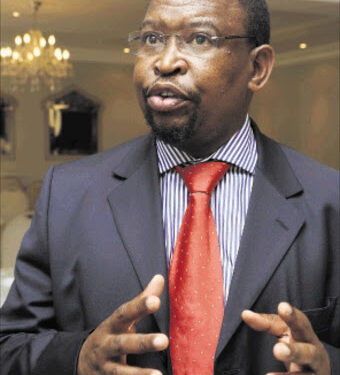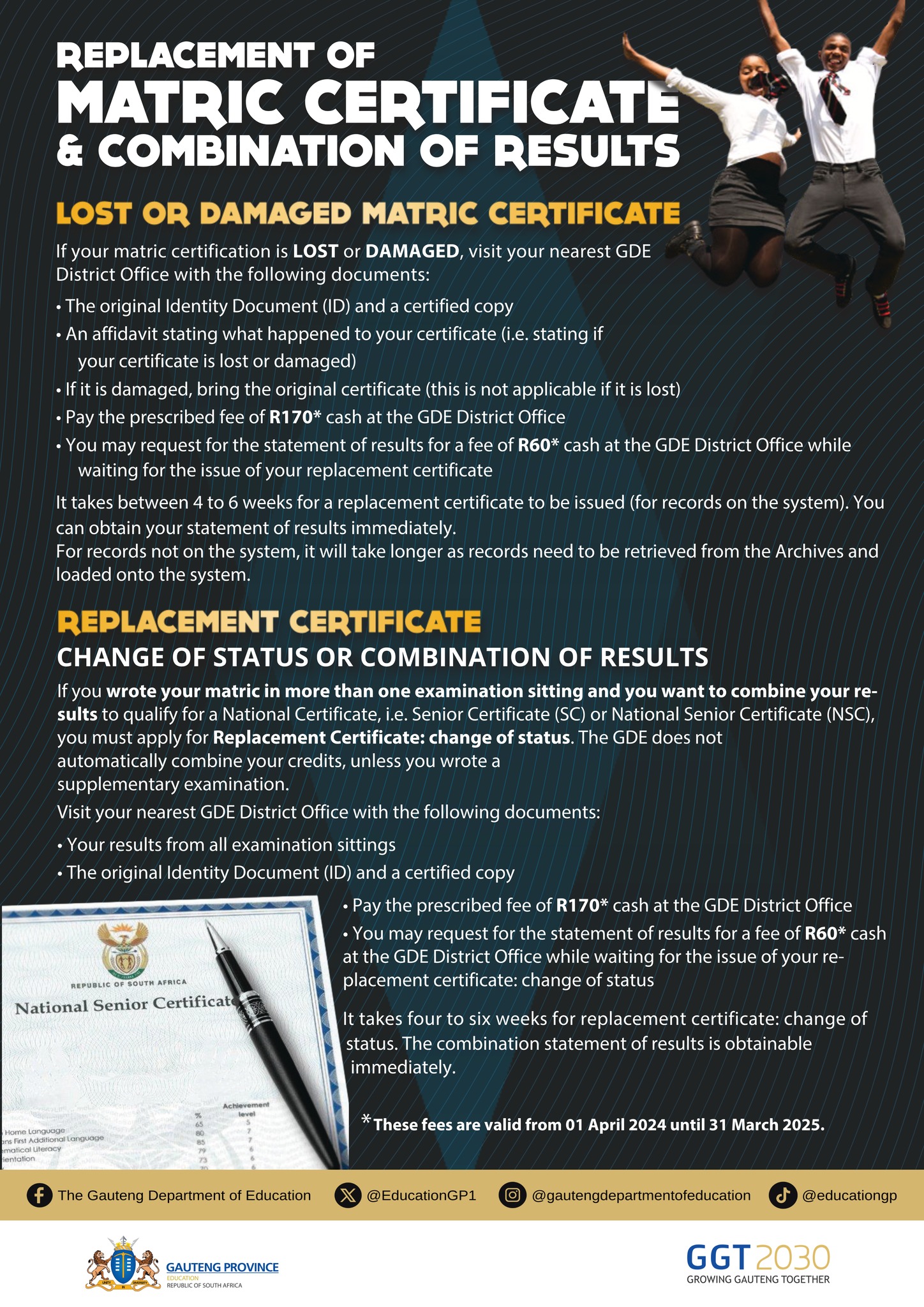
‘A friendly budget of trying to balance the short-term 7 long-term priorities of government in a tough economic environment.’
By PKF Octagon,
Our Minister of Finance, Enoch Godongwana, delivered his budget speech for the 2023 / 2024 fiscal year on Wednesday, 22 February 2023, in the National Assembly.
Eskom and loadshedding woes took centre stage in a budget where tax rates are set to remain largely the same (other than for inflationary related adjustments to personal income tax tables and excise taxes).
Detailed below are some of the highlights from the 2023 National Budget Speech
Economic outlook and budget framework:
Tax revenue collections for 2022/23 are expected to total R1.69 trillion. This exceeds the 2022 Budget estimate by R93.7 billion. The improvement in revenue collection is due to higher collection in corporate and personal income taxes as well as customs duties. This partially offsets the lower value-added tax estimates.
Real GDP growth of 1.4 percent is projected from 2023 – 2025 compared with 1.6 per cent estimated in October.
Mainly due to the Eskom debt relief, government debt will stabilise at a higher level of 73.6 per cent of GDP and in 2025/26. This is three years later than anticipated in the 2022 Medium Term Budget Policy Statement.
The consolidated fiscal deficit is projected at 4.2 per cent of GDP for 2022/23, and will reach 3.2 per cent in 2025/26.
Debt-service costs are projected to average R366.8 billion annually over the medium term, reaching R397.1 billion in 2025/26.
Tax proposals:
Inflation-related adjustments to the personal income tax tables, the retirement tax tables, and transfer duties are provided.
Personal Income Tax:
Personal income tax brackets will be adjusted for inflation, which will increase the tax-free threshold from R91 250 to R95 750. The primary, secondary and tertiary rebates will also be increased. The retirement tax tables for lump sums withdrawn before retirement, and for lump sums withdrawn at retirement, will be adjusted upwards by 10 per cent. This means that the tax-free amount that can be withdrawn at retirement increases from R500 000 to R550 000.
Medical Scheme Fees Tax Credits:
The value of the medical tax credit is proposed to increase by inflation from R347 to R364 per month for the first two beneficiaries. The monthly credit for the remaining beneficiaries is proposed to go up from R234 per month to R246 per month.
Corporate Income Tax Rate:
For companies with years of assessment ending on or after 31 March 2023, the corporate income tax rate will reduce to 27%. The reduction will be funded by limiting the interest deduction and assessed losses.
Fuel Levies:
As was the case with the 2022 Budget, there are once again no changes to the general fuel levy or the Road Accident Fund levy. However, the Carbon Fuel Levy is set to increase.
Excise Duties:
Excise duties on alcohol and tobacco will increase in line with expected inflation of 4.9 per cent.
Capital Gains Tax: No changes are proposed to the capital gains inclusionary rates.
Estate duty and Donations Tax:
Estate duty and donations tax rates remain unchanged.
Transfer Duties:
The brackets for transfer duties will be adjusted upwards by 10 per cent. This means that properties valued at under R1 100 000 will be exempt from transfer duty.
Further important budget proposals to note:
Rooftop Solar panel tax incentive – Individuals:
A rebate of 25% of the cost of new and unused solar panels (this excludes inverters and batteries), limited to R15 000 per individual, will be allowed for panels brought into use for the first time in the period 1 March 2023 to 29 February 2024.
Expansion to Solar Tax Incentive – Companies:
Between 1 March 2023 and 28 February 2025, businesses will be able to claim a deduction of 125% in the year in which a renewable energy project is brought into use. These projects have no thresholds on generation capacity.
Two-pot retirement system:
Government intends to publish revised draft legislation on the ‘two-pot’ retirement system. This will include details on the amount that could be immediately available when the system is implemented from 1 March 2024. Any withdrawals from the accessible “savings pot” would be taxed as income in the year of withdrawal.
Diesel fuel refund:
To limit the impact of the energy crisis on food prices, the diesel fuel levy refund will be extended to manufacturers of foodstuffs for a period of 2 years, from 1 April 2023 until 31 March 2025.
Trust distributions to non-residents:
In terms of current law, capital gains distributed by a South African trust to non-resident beneficiaries are taxed in the trust. A similar rule is being considered for income distributions to non-residents.
Loans to trusts:
The anti-avoidance rules aimed at curbing the tax-free transfer of wealth to trusts using low-interest or interest-free loans will be amended to provide more clarity on: (1) the exclusion which applies where such funds are utilised by the trust to acquire a primary residence for the lender, and (2) the manner in which any foreign-denominated loan should be converted to ZAR.
Deductibility of interest:
In November 2022 SARS issued a notice informing the public of its intention to withdraw Practice Note 31 with effect from 1 March 2023 due to the increasing abuse of the interest deduction concession provided therein. Government will now be considering the impact of such proposed withdrawal and whether amendments to tax legislation would be required to accommodate legitimate transactions affected by such withdrawal. The date of the withdrawal of the Practice Note will therefore be delayed to align with the effective date of such legislation.
Foreign business establishment of controlled foreign companies:
Tax legislation will be amended to clarify that, to qualify as a foreign business establishment, all important functions for which a controlled foreign company (“CFC”) is compensated must be performed by the controlled foreign company or, in limited circumstances, another company in the jurisdiction of the CFC.
Extending the time-period to submit a return where taxpayers disagree with an auto-assessment:
SARS may make an assessment based on an estimate if a taxpayer does not submit a return and a taxpayer has 40 days from such assessment to request SARS to make a reduced or additional assessment. It is proposed that SARS be empowered to extend the period within which a taxpayer is required to submit their request to SARS by public notice. This will allow the request deadline to align with the end of the filing season for non-provisional taxpayers.
Image: Sowetan Live!











